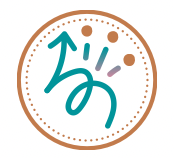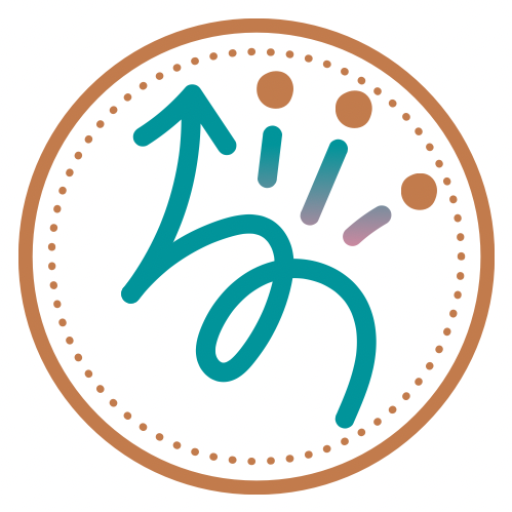Occupational Therapy: School, Jobs, And All The Fun And Creativity In Between

This content is not intended as a substitute for medical advice, diagnosis, or treatment. Always seek the advice of a medical professional regarding a medical condition or treatment. See full disclosure here.
All links in this post are non-affiliate links, and are provided for your convenience.
By definition, occupation refers to the everyday activities that people do as individuals, in families and with communities to occupy time and bring meaning and purpose to life. Occupations include things people need to, want to, and are expected to do.

Occupational Therapy School
When I was in occupational therapy school, I took a class called Occupational Performance. In class I learned to knit, change a tire, demonstrate how to make a meal, crafted with upcycled materials, and most importantly I learned the value of occupation. I took a class in woodworking- I learned to plane wood, use a circular saw, and built a bench. Students were required to take a class in art, and I chose ceramics. Taking this class, I learned more of what it meant to be fully engaged in a hobby that I loved from my childhood.

Occupation: Hand Thrown Pottery
“I love getting my hands messy with clay. It makes me happy” Lora, 6 years old
As an occupational therapy student, I was required to take classes that enriched my knowledge of various occupations, task analysis, and possible barriers that could inhibit full participation in a task. Whether it was job skills, hobbies, or daily tasks, I learned the importance of clinical reasoning and how to modify the environment to benefit the individual. I learned “skills for the job of living”.

An occupational therapy graduate degree program is intense. But it’s absolutely worth every effort, the tears, and all those coffee drinking late nights.
Students take classes in human anatomy and physiology, kinesiology, neuroscience, research methods, pediatrics, and assistive technology among others. As a student, I had the opportunity to dissect a human cadaver. That experience alone taught me not only about the human body and how it works, but also how fragile and yet resilient the human body is. In turn, I developed a love and respect for all things anatomy.
All graduates of masters and doctoral degree programs complete a thesis, analyze its data, and defend it- a process I personally loved and couldn’t get enough of.
Working As An Occupational Therapist
Occupational therapists (OT’s) have the ability to work and specialize in a setting of choice ranging from the NICU (neonatal intensive care unit), to private practice pediatrics, skilled nursing facilities, and psychiatric care among others. Therapists work with individuals across the lifespan to assist individuals overcome barriers and engage in purposeful activities, job skills, and activities of daily living (ADL’s).
Whether learning to hold scissors, button again, or recovering job skills after an injury, occupational therapists help individuals gain independence, self confidence, and participate more fully in meaningful activities. Occupational therapists specialize in observation, individualized assessment, carryout intervention, and evaluate outcomes to ensure client-centered goals are being met.
If you are considering joining the field of occupational therapy, I encourage you to do so if it aligns with your personal goals. It’s a great career path, has job opportunities, and therapists are able to use their creativity to benefit clients and their families. For me, occupational therapy inspired a lifelong love of learning, research, working with people from within my community. Plus, attending continuing education courses is something that I personally love and look forward to. The American Occupational Therapy Association (AOTA) is a great resource for more information about occupational therapy and its educational programs.
If you have questions about occupational therapy, occupational therapy educational programs, or some of the job requirements and physical demands of an occupational therapist, please leave a comment below or contact me.












I really like looking through an article that can make people think. Also, many thanks for allowing for me to comment!
Thank you for the kind words. I’m glad you enjoyed it!